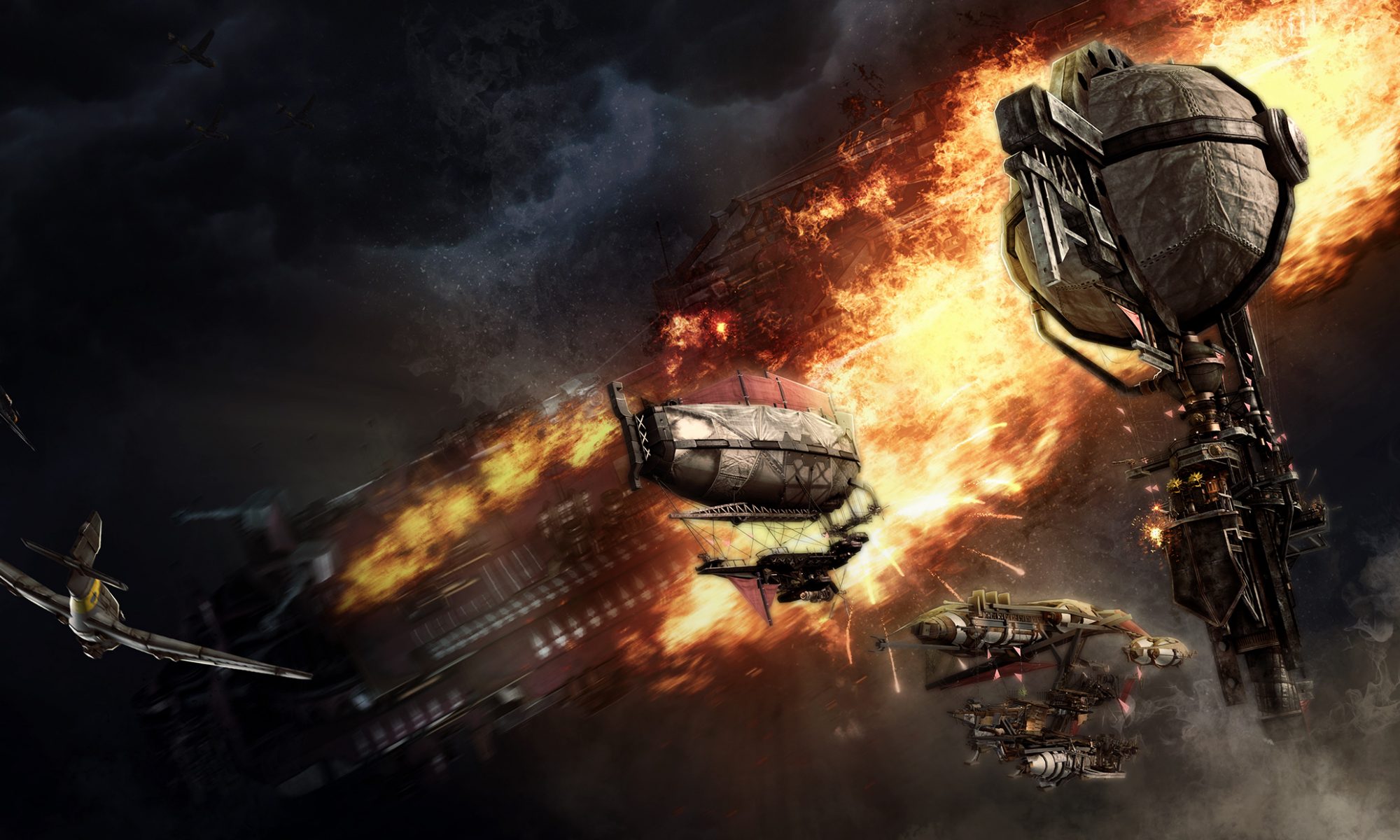The world of Guns of Icarus is in an interesting place, historically speaking — a grand civilization devastated by relentless war and sunk into a post-apocalyptic ruin, so much progress and knowledge and technology lost, the people who remained scrabbling and struggling and surviving, barely.

But that’s not where we enter this world. We enter it later, as the tides are changing and something new is shifting beneath the surface of the restless sands. As more and more airships are built in makeshift dockyards in villages scattered across the Burren, as young men and women leave their homes and take to the skies to crew them, traders and adventurers and daredevils and visionaries, a new class is arising, with the potential to change the world. Airship captains and their crew are the new knights errant, the new merchant class, explorers and ambassadors and warriors. As trade routes open and formerly isolated communities come into contact with the wider world for the first time, a seismic shift is underway, and nothing can stay the same. Not that it will be easy. Not that it will be peaceful. Not that anyone knows what it will be like.
Because in the multiplayer campaign mode, those new adventurers changing the world are you, and we don’t know what you’ll do.
When we mapped out the towns’ ecosystems, what resources they would have and how they would trade and what they would think of each other, and then sat down to think about what it meant for the skies to be suddenly full of airships, moving people and goods and resources and technologies from place to place, the players’ effect on the economy seemed terribly destabilizing — and then we realized that that’s what it meant to have an airship in this world.
So we embraced it. We acknowledged that this was a world in flux, poised on the brink of either a new era of prosperity and growth, or utter ruin — and decided it would be most interesting to let it happen either way. Most important was that the world would change. It wouldn’t be the same old place every time you log on, with the same old tasks to do and the same old grind, because we would let you reshape the landscape. Rather than cling to some carefully guarded, artificially maintained equilibrium, we want a living economy and living politics and living geography, where your decisions matter on a grander scope. The world will morph and grow over time until a climax of one sort or another is reached. Then we’ll rewind and start again, and see how history plays out the next go round.
Many things can happen in this world, but it can’t stay the same.

